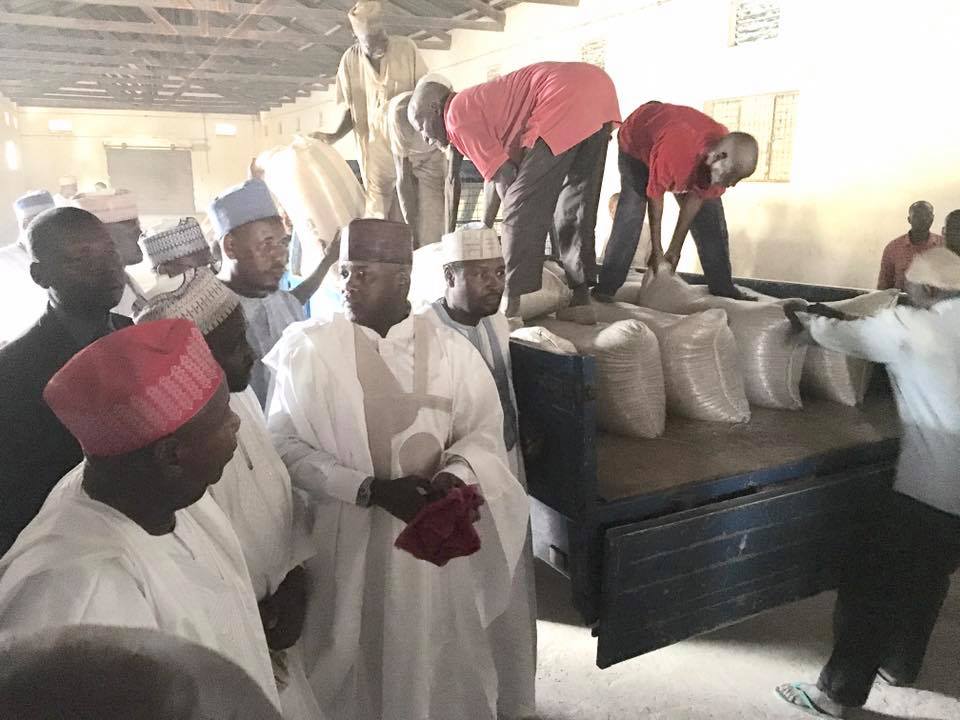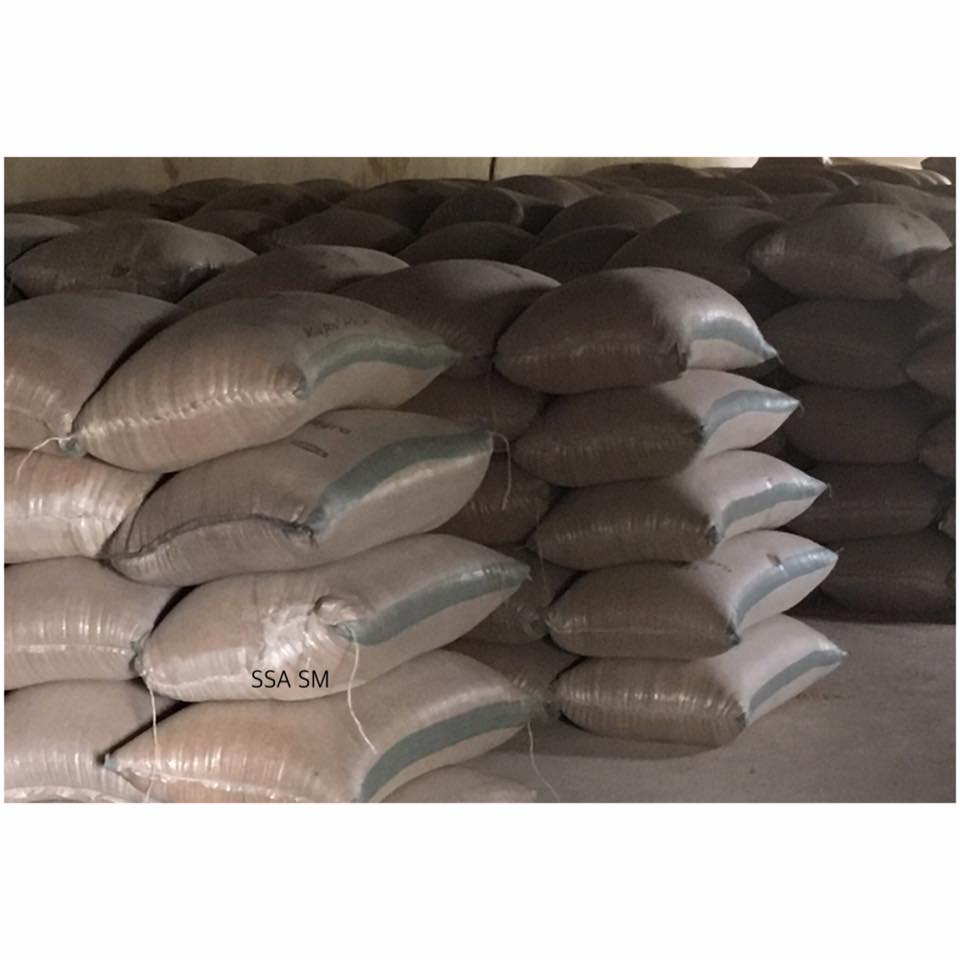Kano state government has set aside N200million to purchase excess wheat produced by farmers the state governor, Dr. Abdullahi Umar Ganduje has announced.
Governor Dr Abdullahi Umar Ganduje stated this while inspecting tonnes of wheat harvested from various farms, stored at a government warehouse at Maganda Store in Fagge local government area on Friday.
He said the government is willing to encourage the wheat farmers to boost their productivity and to protect them from incurring losses, arising unforeseen market forces and ecological factors.
The governor maintained that because of dwindling resources and the Federal government’s renewed drive to revive wheat and rice production, his government had earlier on given the farmers a loan of N100million to purchase improved wheat seeds.
“The government also gave them subsidized fertilizer, provided them with pesticides and water pumping machines as well as employed 781 extension workers to assist them”, the governor maintained.
In addition, he stated that the government has purchased and installed a grading and sorting machine at the warehouse to ensure that the wheat produced is qualitative and ready-to-use by millers.
Expressing happiness over the amount of wheat so far harvested in the state, Governor Ganduje vowed that the state government would champion the production of wheat and rice in the country, urging rice farmers in the state to get ready for engagement with the government on production of the commodity.
Earlier, the state commissioner of agriculture, Nasiru Gawuna told the governor that so far about 2000 50kg of wheat produced in 12 clusters were brought to the store for grading, adding that the soft loan given to farmers is being paid by the commodity.
In his remarks, some Wheat farmers who spoke with the governor the warehouse expressed delight that with the support of his administration, disclosing that the price for a bag of wheat is now N14, 000 as against last year of N10, 000, adding that the state wheat soft loan program is very encouraging and should be emulated by all wheat producing states and the Federal Government.








